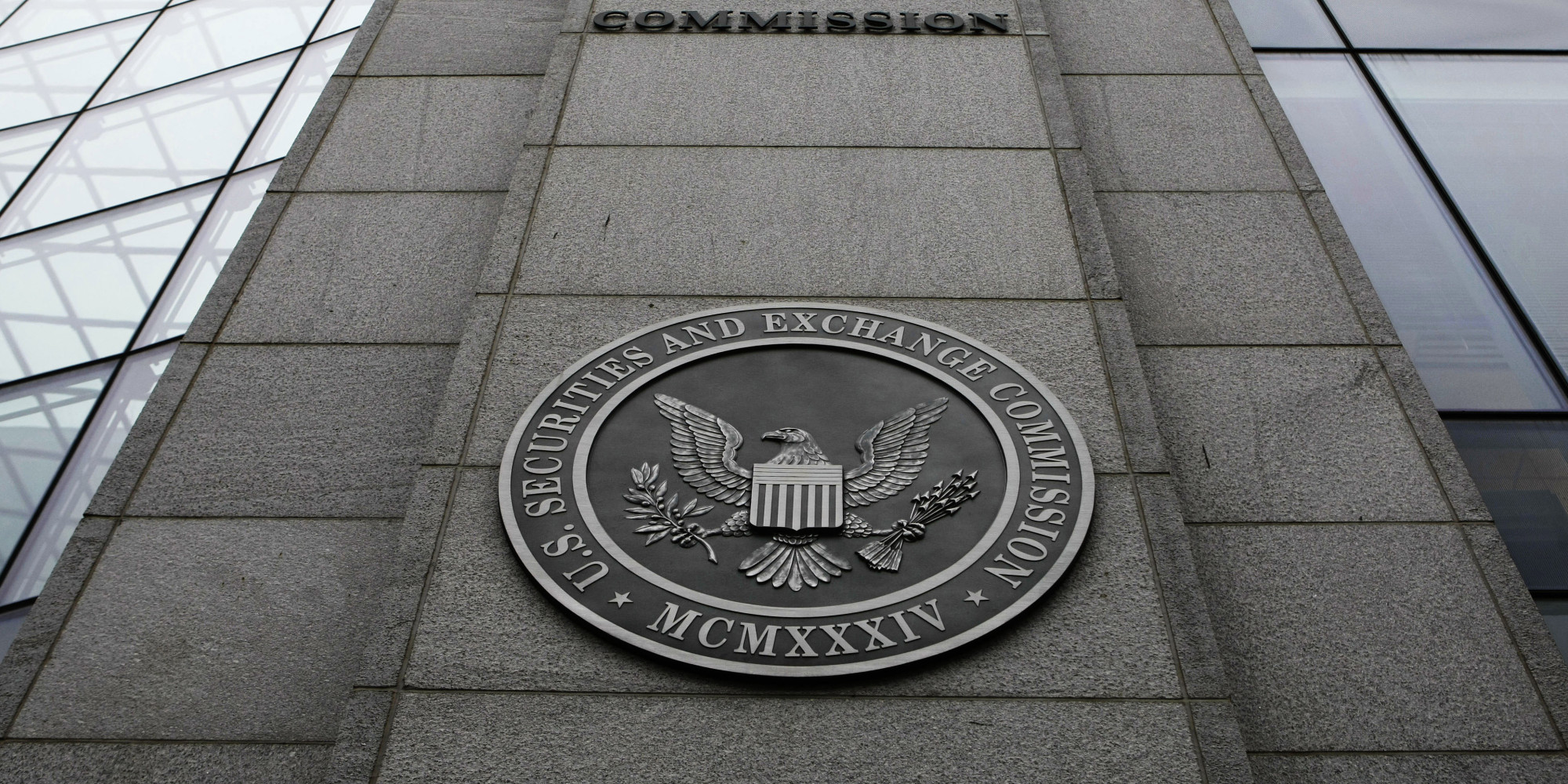Since tomorrow is election day in America I thought it would be appropriate to talk about the Securities and Exchange Commission’s voting record with respect to legal actions.
As a background, there are five Commissioners who are appointed by the President with the advice and consent of the Senate. Terms of these Commissioners last five years and are staggered so that one Commissioner’s term ends on June 5 of each year. The Chair and Commissioners may continue to serve approximately 18 months after terms expire if they are not replaced before then. What’s interesting is that to ensure the Commission remains non-partisan, no more than three Commissioners may belong to the same political party. The President also designates one of the Commissioners as Chair. As of the time of this blog post there are three Commissioners, Mary Jo White, Chair, Kara M. Stein, and Michael S. Piwowar. Two vacancies currently exist on the Commission.
The Division of Enforcement, whose activities are overseen by the Commission, has had a milestone year in terms of both enforcement actions and whistleblower awards. Before the SEC staff brings enforcement actions the Commission must vote and approve the staff to take action. To provide insight into this process the SEC posts voting results of the Commission on its website.
In analyzing these voting results following are some interesting trends:
- Since January 2016, the Commission voted on 804 proceedings
- Between January 1, 2016 and the date of today’s post, the Commissioners have nearly a 98% “Approved” voting record on these proceedings
- In only 20 of the 804 proceedings did any Commissioner vote “Not Approved”
- In every proceeding when a “Not Approved” vote was cast, a majority of the Commission voted “Approved”
- In only 20 of the 804 proceedings did a Commissioner vote “Approved with Exception” (reasons for the exception included the amount of corporate penalty or the bar sanctions, for example)
- When a Commissioner voted “Not Approved,” it was generally Commissioner Piwowar
With this in mind, there are multiple ways of thinking about potential explanations for the high rate of conformity in voting, such as large caseload juxtaposed against a lack of sufficient time to truly vet cases to bring or political pressure to increase actions. Although interested parties may make different conclusions about these findings, they are, nonetheless, important to take note of.

